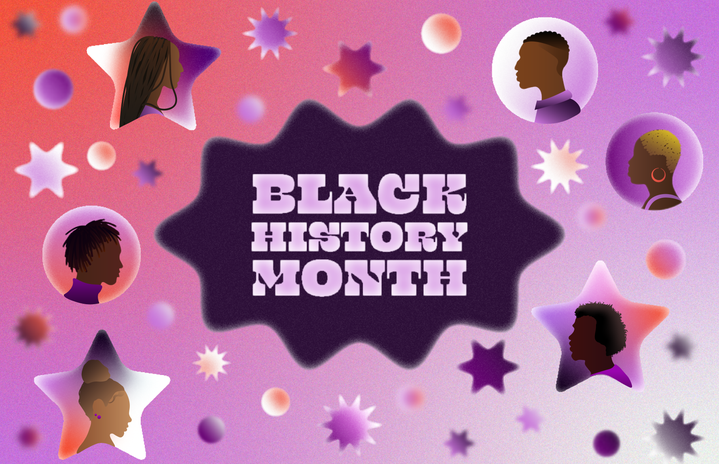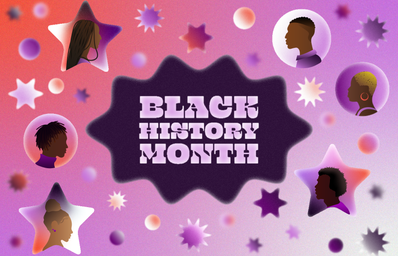As the new year settles in, February brings us many events. Valentine’s Day, midterms, and most importantly: Black History Month. However, with this celebration comes the dreaded question that plagues us each February.
“So, why is there no white history month? That’s not fair.”
Actually, it is fair. Black Americans continue to face generations of oppression and underrepresentation. They deserve this month as a spotlight to celebrate their accomplishments and contributions to both American and world history.
The month-long celebration began back in 1926 when historian Carter G. Woodson declared the second week of February to be “Negro History Week.” This means that uninformed people have been asking this same question for nearly a century.
In response to the question, there is no white history month because every month is white history month. Teaching curriculums primarily revolve around white history and events. Television shows and films usually have a majority of white characters. Lastly, white Americans do not have a history of oppression. They have privilege instead.
Black History Month serves to give a platform to Black Americans and their achievements throughout history. This month of visibility is vital to American culture, as well as societal progress.
“Once people read this history, their perspectives might change,” explains Dr. David A. Canton, the director of the African American Studies program at the University of Florida. “Once you recognize that all cultures have a history, as a human being, you will tap into humanity and say, ‘You know what? Segregation is evil. Lynching is evil. Sexism is evil.’”
Unfortunately, many people equate these 28 days of recognition to be the same as having privilege. This is far from the truth.
“Look at the data. Look at police brutality. Look at it from a statistical standpoint,” affirms Dr. Canton.
Black people are three times more likely to be killed by the police than white people. Black Americans make up 42.1% of homeowners in comparison to white Americans making up 73.3%. Black men are expected to die 5 years earlier than white men are.
The statistics reveal that despite having a month of representation, Black people are still underprivileged in comparison to other races.
“The data doesn’t add up to the visual representation,” says Dr. Canton. “People are too focused on the visual, but when you look at the data it doesn’t add up.”
These statistics stress the importance of Black History Month and why we need it to stay educated about Black American culture. It is not only about visibility and representation. It is much more.
“African American history from this perspective allows you to think about it in a more critical way than just accepting the visual representation — just seeing the progress but not understanding the systemic oppression that still impacts African Americans,” expounds Dr. Canton.
Of course, as a society, we are progressing over time. However, February should not be the only time of year for Black American appreciation and representation. People with privilege should always be active in helping those who are underrepresented.
“Start with your family members. It takes courage to have a counter opinion. It’s easy to preach to the choir, but go back home at Thanksgiving and talk to your relatives,” says Dr. Canton. “Take that message to that community and struggle the same way that Black people went to the south and were murdered for equal rights.”
There is a lot of change left to be made. It will not be easy, and it definitely will not be pretty. However, we, as human beings, need to fight for each other. We need to educate each other. We need to bring about change, and it starts with having difficult conversations.
“It’s not just going to be one day,” Dr. Canton elucidates. “It’s a commitment and a sacrifice — the same sacrifice that Black civil rights workers made in the south with no federal protection.”
While we remember Black history, let’s recognize that we are capable of breaking down the system built on years of oppression and enslavement. Privilege equals power. Those who hold this power should be using it to help those who are underrepresented. While visibility does not equate to privilege, those with privilege have the power of bringing visibility to issues that need to be talked about. Once we start the conversations, we can start the process of making change.


